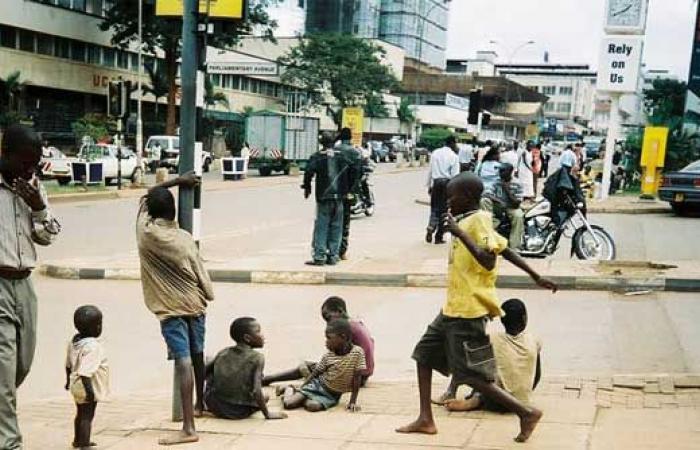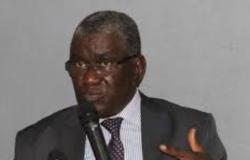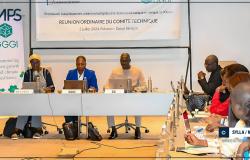The majority of begging children on the Senegalese streets are local children. The first phase of the Project to support the protection of child victims of the violation of their rights (Papev) highlighted this situation. The project, which has made it possible to remove many children from the streets, is also tackling, for its second phase, problems of civil status.
By Justin GOMIS – Foreign children, who are begging in Senegal, are the tree that hides the forest. In reality, they are far fewer in number than the Senegalese children who beg every day in the streets. “It is more Senegalese children who are in the streets,” revealed yesterday Aminata Kébé, High Commissioner for Human Rights at the West Africa Regional Office, during the planning workshop and official launch of the activities of the Project to support the protection of child victims of the violation of their rights (Papev), financed by Italian Cooperation. According to the Papev coordinator, the regions of Dakar and Saint-Louis are those with the most child beggars. “But they are present in all regions of Senegal,” she continues. Apart from these children, “Senegal also receives children from other countries,” she specifies, citing Guinea-Bissau and Guinea as the most represented countries.
The first phase of the Project for the Protection of Child Victims of Violation of Their Rights made it possible to remove many children from the street. “After the implementation of the first phase, the project enabled the beneficiary States to strengthen their protection system, remove many children from the streets, and facilitate reintegration into their families,” rejoiced Ms. Kébé. According to magistrate Adama Ndiaye, deputy director of Human Rights at the Ministry of Justice, “this project was of great importance in the promotion and protection of children”. Moreover, according to him, this is the reason why all the ministers who have succeeded one another have had to sign a decree establishing a national steering committee. These are successively Professor Ismaïla Madior Fall, Me Aïssata Tall Sall, then Ousmane Diagne, he underlines to show the importance of this project. This pushed the government of Senegal to request an extension for a second phase, the official launch of activities of which was made yesterday.
According to Eugenia Pisan, Gender and Human Rights Program Manager (Aics), results were recorded during the first phase, despite the difficulties during Covid-19, with the security and political challenges in the countries. “We were able to support more than 3,500 children directly. We helped more than 48 structures in the 6 countries of the first phase. We had the Child Code which was adopted in Guinea and Guinea-Bissau. We had support to structure the care of the children,” she said, while recognizing that there are challenges that need to be addressed. According to Aminata Kébé, the implementation of the first phase allowed the beneficiary States to strengthen their protection system and remove many children from the streets. But at the end of this project, there was a high-level meeting of ministers responsible for child protection from the beneficiary countries. “And during this meeting, a road map was developed to identify the remaining challenges, in particular the harmonization of laws through an effective legal protection system and the development of the Child Code in Senegal, the care psychosocial health of children in beneficiary countries.” But if the State of Senegal has made the request for the extension of the second phase, it is because the importance of this project no longer needs to be demonstrated. “In addition to the efforts made by the government of Senegal in protecting the rights of children through the various activities that the project helped to organize last year, it has enabled what is called “Zero children on the streets”. This allowed us to remove many children who were of Guinean and Guinea-Bissau nationality, and to return them to their families,” she said. This project also made it possible to organize a capacity building workshop for actors in the judicial chain (police officers, gendarmes, Prison Service agents, magistrates, clerks, specialized educators).
In the same vein, capacity building workshops in the regions of Saint-Louis, Thiès, Kolda and Kaolack were organized.
For this 2nd phase which has just been launched, it will be up to the steering committee to determine the activities to be carried out. However, it is planned, for children without a birth certificate, to carry out activities with the General Directorate of Civil Status, informs magistrate Adama Ndiaye. “All the problems encountered by these children will be taken into account in this second phase,” according to him.
[email protected]






